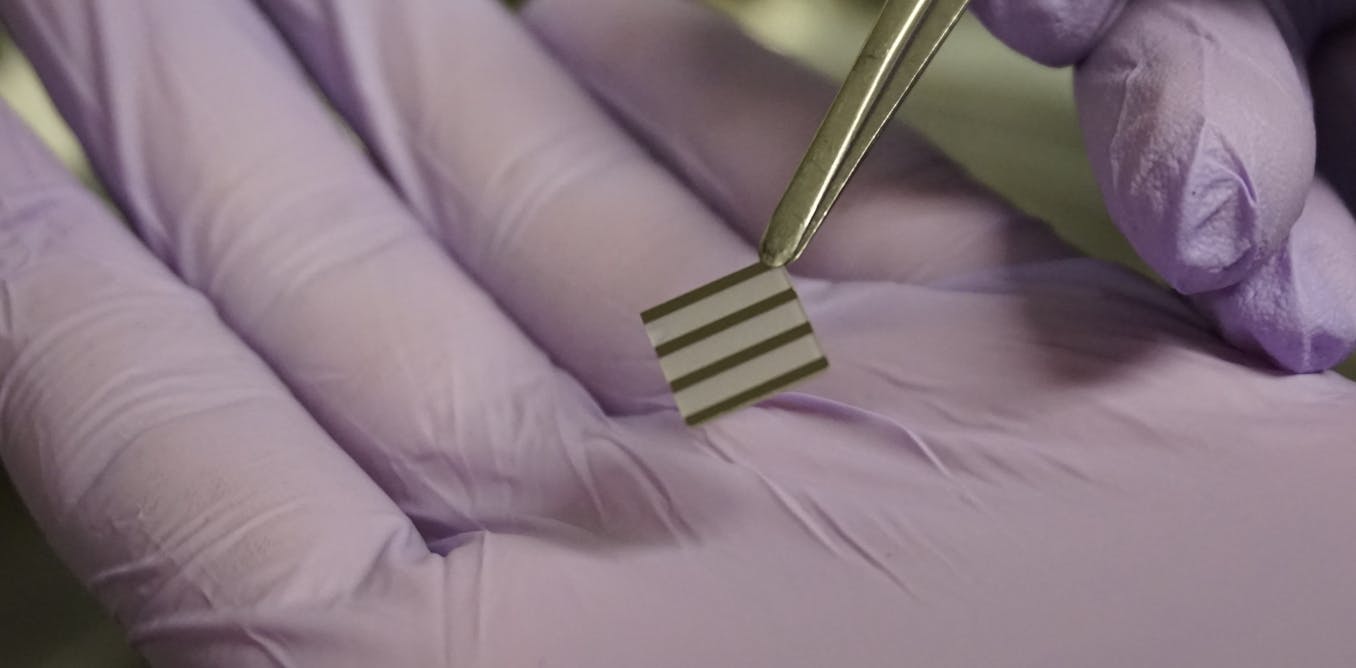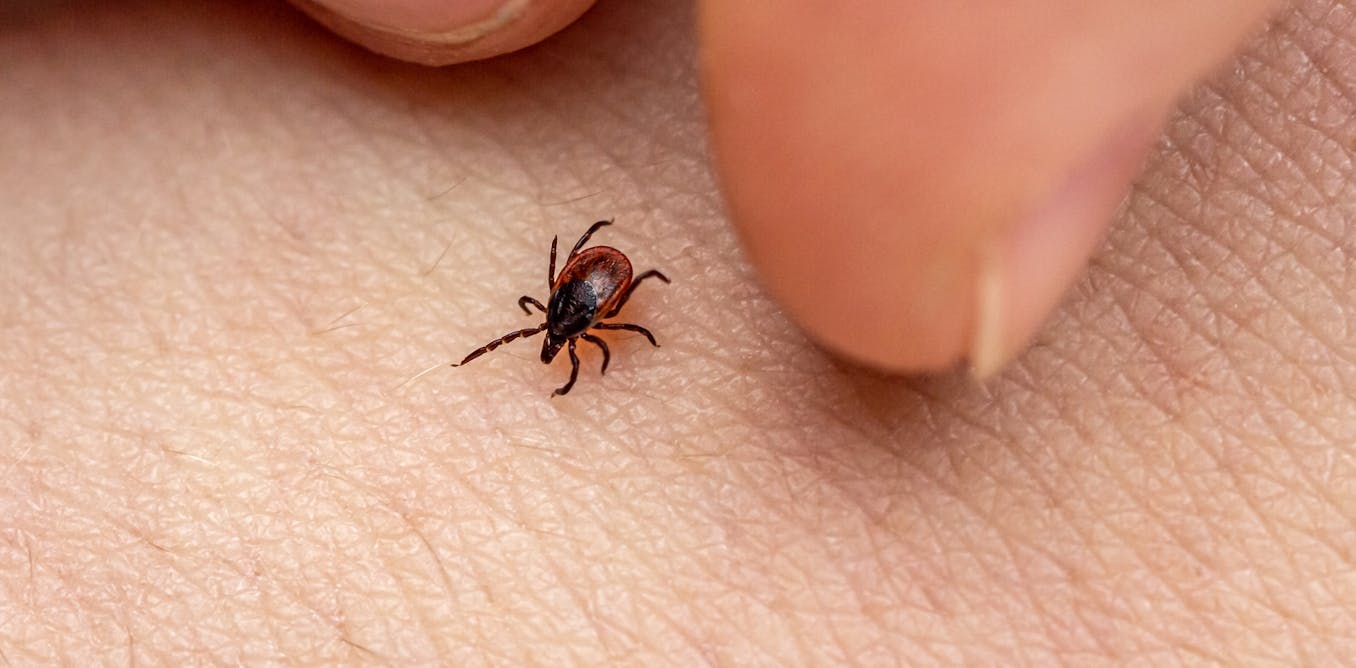Nickel oxide is a material that can 'learn' like animals and could help further artificial intelligence research
The ability to store information is central to learning and the field of artificial intelligence. Researchers have shown how a unique material shows basic learning properties similar to that of slugs.
Dec. 21, 2021 • ~5 min










